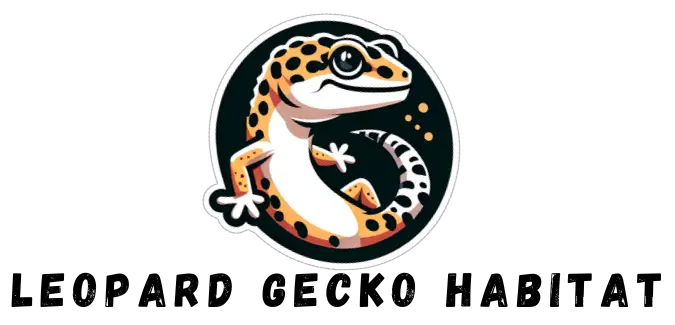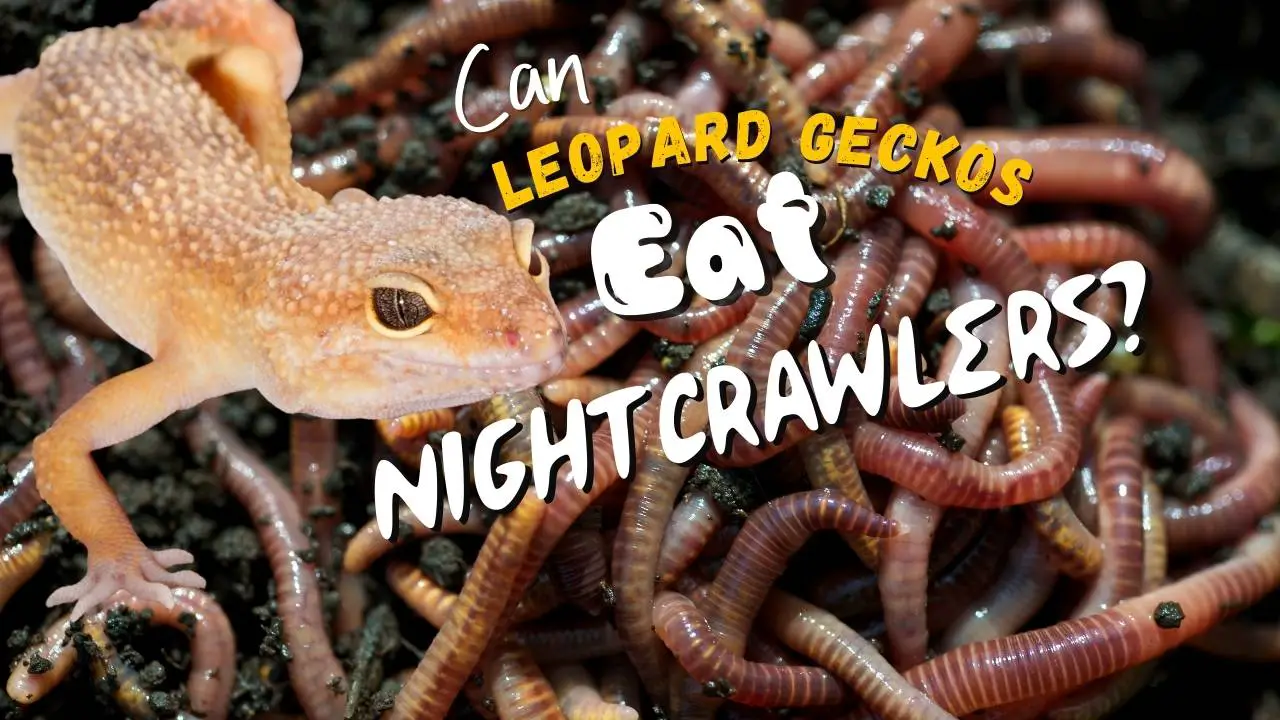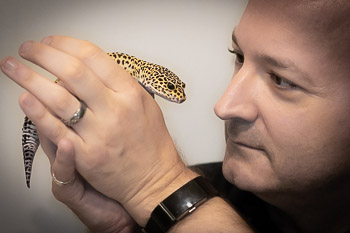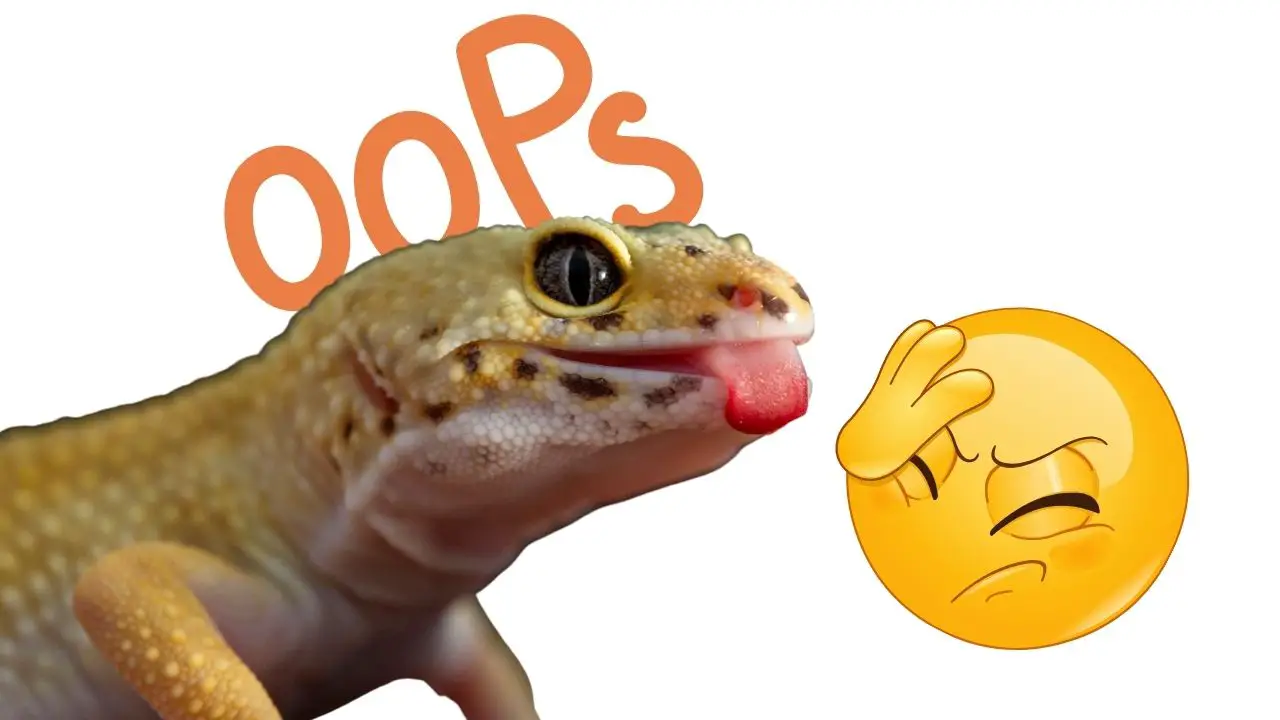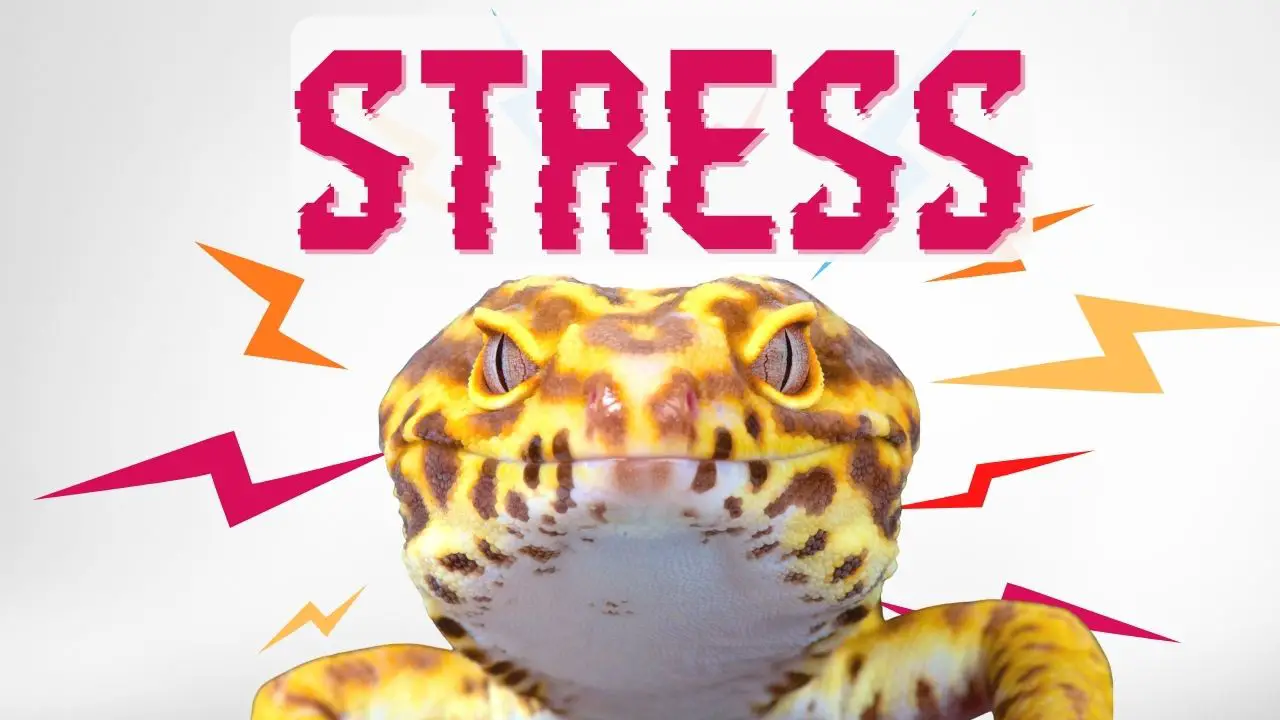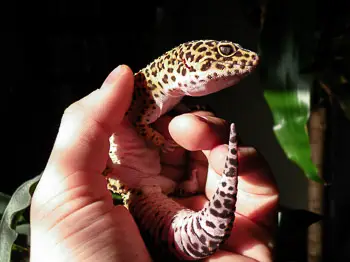When it comes to feeding your beloved pet Leopard Gecko, there’s no doubt you want to give it the best nutrition possible.
Leopard geckos eat a variety of worms as staples in their diet, but can they eat nightcrawlers? Though leopard geckos can eat nightcrawlers and earthworms, these worms are not the best food source.
From their nutritional value to the risks involved, we’ll discuss all you need to know about feeding nightcrawlers and earthworms to your pet leopard gecko. If you’ve ever been tempted to give your gecko a wriggly treat, read on!
Can Leopard Geckos Eat Nightcrawlers?
Leopard gecko owners may be tempted to feed their pet reptiles nightcrawlers, either procured from pet stores or bait shops, or wild worms dug up from the back yard garden. While feeding these worms may seem like a nutritious idea, it’s usually a bad idea in most cases.
Nightcrawlers are not an ideal food for leopard geckos, as they have a high water content and low nutrient value when compared to other feeder insects like mealworms or super worms.
As with any reptile owner, it’s important to make sure you offer your pet only the best foods available which will provide them with ample nutrition for long-term health. Food items such as gut-loaded mealworms and crickets are far more nutritious and much lower in water content. For the occasional treat, there are much better options than nightcrawlers such as wax worms.
Can Leopard Geckos Eat Earthworms?
Yes, leopard geckos can safely eat earthworms. Earthworms are a great source of protein and other essential nutrients for these reptile pets. The low fat content of the worms makes them an ideal food choice for leopard geckos. A varied diet is important for leopard geckos to stay healthy, so adding earthworms as occasional treats can be beneficial.
When feeding your pet gecko earthworms it’s important to make sure they are bought from a trusted source and washed properly before being given to your pet. Additionally, make sure not to overfeed your pet with worms as they have a high moisture content which could cause digestion issues if eaten in large quantities.
Note that juvenile or baby leopard geckos should not be offered earthworms or nightcrawlers. Smaller lizards may not be able to eat or properly digest these worms due to their size. While an adult leopard gecko may be able to slurp down an earthworm, smaller geckos will have problems.
Nutritional Value of Nightcrawlers & Earthworms
Nightcrawlers are a type of worm that can be found in bait shops or pet stores and while they may seem like an easy food source for reptiles, they actually have very little nutritional value. Nightcrawlers have a very high water content and are not nearly as nutritious as other feeder insects readily available. In fact, these worms provide little protein when compared to other feeder insects.
Nightcrawlers may seem like a convenient food source for leopard geckos they should not be used as a staple part of your gecko’s diet. Pet owners should focus on providing their pets with a varied diet of nutritious feeder insects.
Do Leopard Geckos Like Earthworms?
Here’s the funny thing. Given the choice, most leopard geckos won’t eat nightcrawlers or earthworms. These worms secrete a mucus layer, especially when under stress (like when you’re about to be someone’s lunch.) Most leopard geckos find these worms distasteful.
Check out the gecko in this video (he takes a taste at the 1:15 mark.) You’ll see he spits it out and wipes his mouth on the paper towel lining the cage. Yuck!
That said, someone’s yuck is someone else’s yum. Your gecko may decide to eat them. If you happen to have a gecko that loves these worms, make sure you’re getting them safely:
Where should you source the worms to feed your leopard gecko?
When it comes to feeding your leopard gecko, it’s important to make sure you know where your feeder insects are coming from. Nightcrawlers can harbor parasites and other illnesses that could be harmful to your pet. Plus, some worms may have been sprayed with pesticides or insecticides that can also cause harm. For this reason, it’s best to source any insects you feed your pets from a trusted store.
If you’re set to feed your leopard gecko nightcrawlers or earthworms, pet stores are an excellent option for sourcing the worms. Stores like these will typically have a wide selection of feeder insects and worms that are safe for your pet gecko. Additionally, they usually carry other types of food sources, like super worms and waxworms, which you can use as treats or staple foods in your leopard gecko’s diet.
You should avoid buying nightcrawlers from bait stores as they may contain pesticides or other chemicals that could be harmful to your pet. They’re intended to be used as bait, not purpose bred as feeder insects.
Most certainly do not dig up worms to feed your gecko. Wild insects may contain parasites or have been exposed to pesticides and could cause more harm than it’s worth. No one wants sick leopard geckos!
Do Leopard Geckos eat earthworms in the wild?
The answer is typically no: leopard geckos wouldn’t commonly don’t eat nightcrawlers or other types of earthworms in the wild.
The reason behind this is two-fold. First, these worms are often too large to consume whole, which can cause blockage in their intestines if they try to eat them. This is especially true for baby geckos!
More importantly, leopard geckos typically find the mucus-like substance that earthworms secrete unappetizing. So, even though leopard geckos can eat earthworms, they simply may choose not to!
So while you may be tempted to give your pet gecko a few nightcrawlers, there are much better menu options readily available – instead look into offering other nutritious feeder insects and worms like mealworms and super worms. These will provide the protein and nutrients your little friend needs. For an occasional treat work some waxworms into rotation.
Wrap Up – Can Leopard Geckos Eat Earthworms & Nightcrawlers?
It’s important to provide your leopard gecko with a varied diet of nutritious foods. While nightcrawlers and earthworms can be easily found in backyards and bait shops, they’re not the best choice. In fact, due to these worms mucus secretions, your gecko may turn its nose up and pass on these in hopes of something better.
If you decide to feed your leopard gecko earthworms, make sure the food sources you offer are free of parasites, pesticides, and other chemicals that could be harmful to your pet.
Overall, by providing a healthy diet for your leopard gecko that is full of variety and nutrition, you can help ensure they stay happy and healthy for years to come! For further reading, check out our leopard gecko feeding guide, and foods to avoid.
